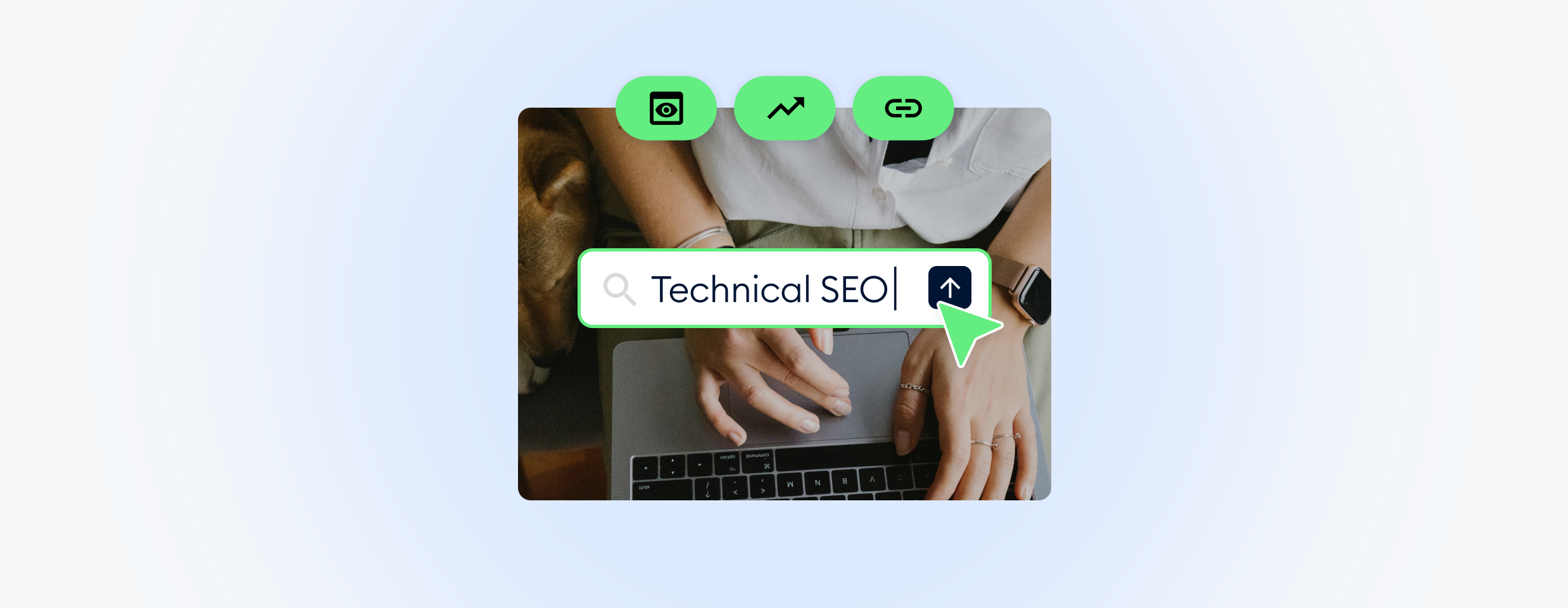Tidioers Blog
Thank you! Your submission has been received!
Oops! Something went wrong while submitting the form.
Candidate’s Knowledge Base
Have questions about our approach to work? Looking for tips on the recruitment process? This is a place to go!
See more

Learn & Share
Tidio is a team of highly-qualified talents, and these expert articles only prove it to the letter. Dive in and learn from the best!
See more

My Growth
Check out these personal stories and find out how our employees grow at Tidio every day.
See more

Sorry, no results
Try looking for something else


.jpg)

.png)
![Tips on How to Onboard a Developer [Dev's Perspective]](https://cdn.prod.website-files.com/61791bef521c650699a0b1eb/642460c56845e7006531fa0e_How-onboard-a-developer-cover%20(1).png)

.png)
.jpg)


.png)





.png)






![How To Make Your Team’s Work Easier [Case Study]](https://cdn.prod.website-files.com/61791bef521c650699a0b1eb/641af472b8d2fe2a69204114_Make-your-team-work-easier.png)


![How to Check if a Company Is Right for You [Dev’s Perspective]](https://cdn.prod.website-files.com/61791bef521c650699a0b1eb/63e234bb2d1df0b7382bcbc6_How-to-check-if-company-is-right-for-you.png)



.png)
.png)










.png)




















